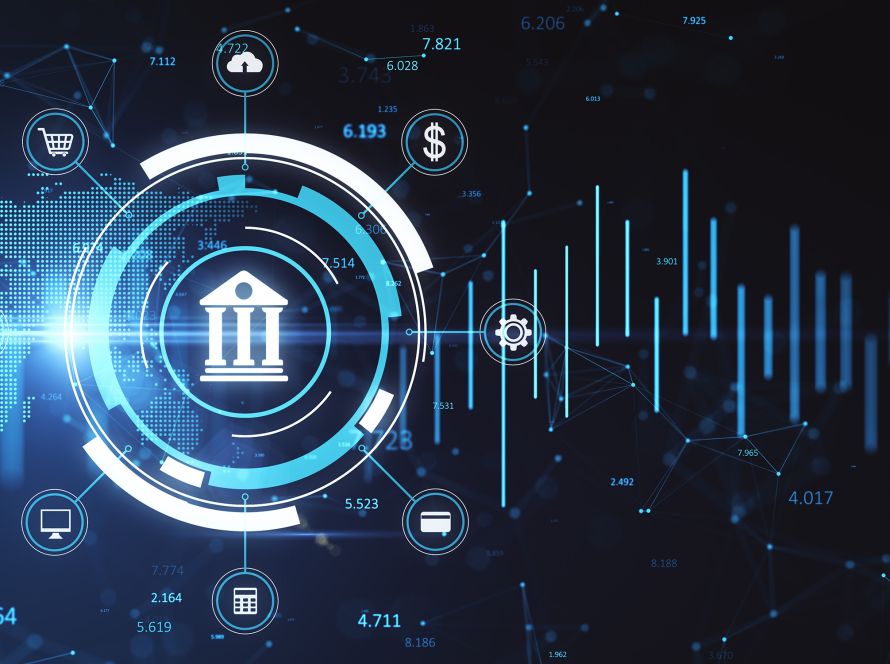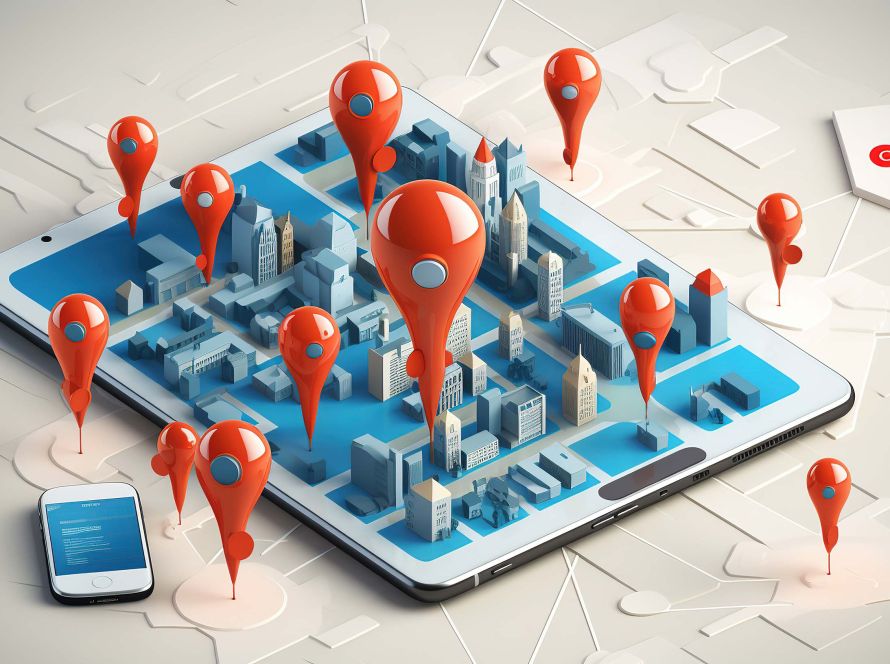In the highly competitive hospitality industry, creating unforgettable experiences for guests is crucial to building brand loyalty and driving repeat business. Gone are the days when simply providing a comfortable room or a delicious meal was enough to satisfy customers. Today, guests expect personalized and seamless experiences that cater to their individual preferences and needs. This is where leveraging omnichannel customer profiles becomes essential.
Understanding Omnichannel Customer Profiles
Omnichannel customer profiles are comprehensive profiles that capture and consolidate data from various touchpoints and channels. These profiles provide a holistic view of each customer, including their preferences, behaviors, and interactions with the brand across different platforms such as websites, mobile apps, social media, and in-person interactions. By analyzing this data, hospitality businesses can gain valuable insights into their customers’ preferences, allowing them to deliver personalized experiences that exceed expectations.
Benefits of Leveraging Omnichannel Customer Profiles in the Hospitality Industry
The benefits of leveraging omnichannel customer profiles in the hospitality industry are numerous. Firstly, it allows businesses to create seamless and personalized experiences for their guests. By understanding each customer’s preferences and previous interactions with the brand, hotels, restaurants, and travel agencies can tailor their offerings to meet individual needs, resulting in higher customer satisfaction and loyalty.
Secondly, omnichannel customer profiles enable businesses to provide consistent experiences across multiple channels. Whether a guest interacts with the brand through a website, mobile app, or in-person, they should receive a consistent and personalized experience. This consistency helps to build trust and enhances the overall brand perception.
Lastly, leveraging omnichannel customer profiles allows businesses to optimize their marketing efforts. By analyzing customer data, businesses can identify trends, preferences, and patterns, which can inform targeted marketing campaigns. This targeted approach ensures that marketing messages are relevant and resonate with the intended audience, resulting in higher conversion rates and improved return on investment (ROI).
Case Studies of Successful Implementation in the Hospitality Industry
Several businesses in the hospitality industry have successfully implemented omnichannel customer profiles to create unforgettable experiences for their guests. One such example is a luxury hotel chain that used customer data to personalize every aspect of a guest’s stay. From pre-arrival communications to in-room amenities and post-stay follow-ups, the hotel ensured that each guest felt valued and catered to their specific preferences. As a result, the hotel saw a significant increase in guest satisfaction scores and positive reviews.
Another example is a restaurant that used omnichannel customer profiles to enhance the dining experience. By capturing data from online reservations, social media interactions, and previous visits, the restaurant was able to offer personalized recommendations, such as favorite dishes or preferred seating arrangements. This attention to detail not only delighted guests but also led to increased customer loyalty and word-of-mouth referrals.
Steps to Create and Optimize Omnichannel Customer Profiles
Creating and optimizing omnichannel customer profiles requires a structured approach. Here are the steps to follow:
- Data Collection: Begin by identifying the relevant data points to collect from each touchpoint and channel. This may include customer demographics, preferences, purchase history, social media interactions, and feedback.
- Data Integration: Once the data is collected, it needs to be integrated into a central database or customer relationship management (CRM) system. This allows for a unified view of each customer across different channels.
- Data Analysis: Use data analytics tools to analyze the collected data and identify insights and trends. This analysis will help in understanding customer preferences, behaviors, and patterns.
- Segmentation: Segment customers based on their characteristics and behaviors. This segmentation will enable targeted marketing and personalization efforts.
- Personalization: Use the insights gained from data analysis to personalize interactions and experiences for each customer. This could include customized offers, tailored recommendations, and personalized communication.
- Continuous Optimization: Regularly review and update customer profiles based on new data and evolving customer preferences. This continuous optimization ensures that profiles remain relevant and effective in delivering personalized experiences.
Using Data Analytics to Enhance Customer Experiences
Data analytics plays a crucial role in enhancing customer experiences in the hospitality industry. By analyzing customer data, businesses can uncover valuable insights that drive informed decision-making and personalized experiences.
One way data analytics can enhance customer experiences is through predictive modeling. By analyzing historical data, businesses can predict future behaviors and preferences. For example, a hotel can use data analytics to predict which amenities a guest is likely to prefer based on their past stays. This allows the hotel to proactively offer these amenities, delighting the guest and exceeding their expectations.
Another way data analytics can enhance customer experiences is through sentiment analysis. By analyzing customer feedback and social media interactions, businesses can understand customer sentiment towards their brand and offerings. This analysis helps in identifying areas for improvement and addressing customer concerns promptly.
Personalization and Customization in the Hospitality Industry
Personalization and customization are crucial elements in creating unforgettable experiences in the hospitality industry. Guests today expect tailored experiences that cater to their preferences and needs. Here are some ways businesses can achieve personalization and customization:
- Tailored Recommendations: Use customer data to offer personalized recommendations. For example, a hotel can recommend nearby attractions or restaurants based on a guest’s preferences and previous activities.
- Customized Offers: Offer customized promotions and discounts based on customer preferences and behaviors. This could include exclusive offers for loyal customers or personalized packages for special occasions.
- Individualized Communication: Personalize communication with customers by addressing them by their name and sending relevant and timely messages. This could include personalized welcome emails or post-stay follow-ups.
By implementing personalization and customization strategies, businesses can create memorable experiences that resonate with their guests and build long-term relationships.
Challenges and Potential Solutions in Leveraging Omnichannel Customer Profiles
While leveraging omnichannel customer profiles offers numerous benefits, there are also challenges that businesses may face. One challenge is data privacy and security. Collecting and storing customer data requires businesses to adhere to strict privacy regulations and ensure the security of the data. Potential solutions include implementing robust data protection measures, obtaining customer consent for data collection, and regularly auditing data storage practices.
Another challenge is data integration and management. Consolidating data from various touchpoints and channels can be complex and time-consuming. Potential solutions include investing in a robust CRM system, automating data integration processes, and ensuring data accuracy through regular data cleansing.
Implementing Omnichannel Customer Profiles in Different Sectors of the Hospitality Industry
Implementing omnichannel customer profiles can benefit various sectors of the hospitality industry, including hotels, restaurants, and travel agencies.
In hotels, omnichannel customer profiles can be used to personalize the entire guest journey, from booking to check-out. This includes personalized room preferences, customized amenities, and tailored recommendations for local attractions and dining options.
In restaurants, omnichannel customer profiles can enhance the dining experience by capturing customer preferences, dietary restrictions, and past dining history. This data can be used to offer personalized recommendations, suggest menu modifications, and provide seamless online reservation experiences.
In travel agencies, omnichannel customer profiles can enable personalized travel recommendations, customized itineraries, and tailored promotional offers. By understanding each customer’s preferences and past travel history, travel agencies can create unique and unforgettable travel experiences.
Conclusion and Key Takeaways
Leveraging omnichannel customer profiles is essential for creating unforgettable experiences in the hospitality industry. By capturing and analyzing customer data from various touchpoints and channels, businesses can gain valuable insights into customer preferences and behaviors. This data-driven approach allows for personalized and seamless experiences that exceed customer expectations.
Key takeaways from this article include the benefits of leveraging omnichannel customer profiles, steps to create and optimize these profiles, and the importance of personalization and customization in the hospitality industry. Implementing omnichannel customer profiles requires a structured approach, including data collection, integration, analysis, segmentation, personalization, and continuous optimization.
By embracing omnichannel customer profiles, businesses in the hospitality industry can differentiate themselves from competitors, build strong customer relationships, and create unforgettable experiences that keep guests coming back for more.
Discover Personalization at its Best in Hospitality
Elevate the guest journey to unprecedented heights. Dive deep into the world of omnichannel customer profiling and transform every interaction into an opportunity for an exceptional experience. Ready to redefine hospitality with data-driven insights and unparalleled personalization?




















